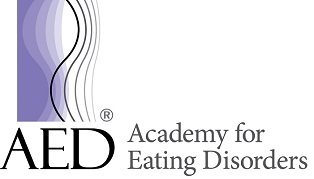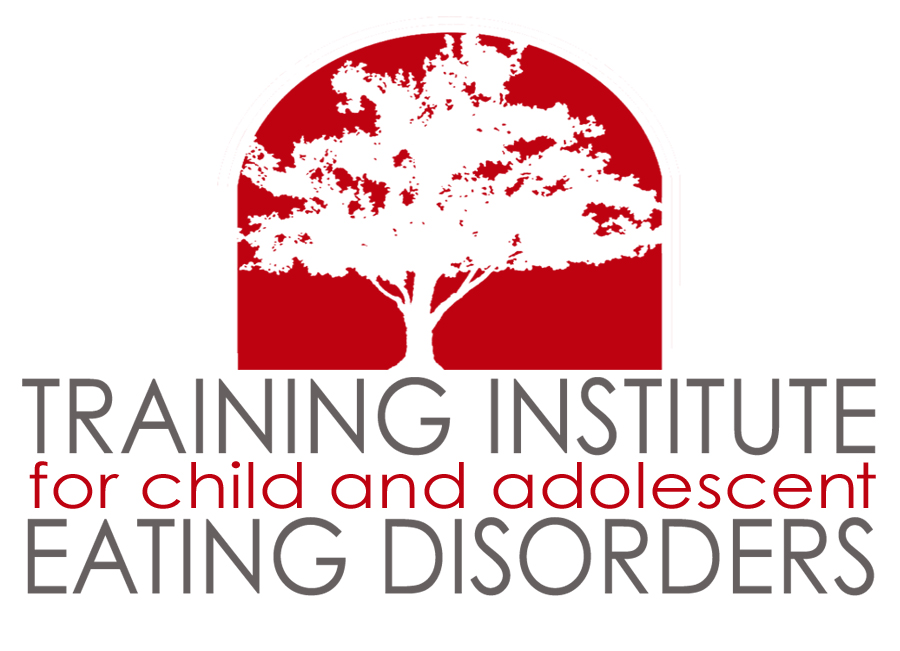What is Postpartum Depression?
Postpartum depression, experienced by 1 in 9 women, is a significant change a woman can face after childbirth due to hormonal changes and lifestyle adjustments, impacting sleep, eating, and daily activities. This condition is a form of major depressive disorder, characterized by similar symptoms which emerge during pregnancy or within the first postpartum month. Symptoms include a range of emotional and physical experiences, with at least five being experienced simultaneously over a two-week period.
- Having a depressed mood most of the day, almost daily. This could be something they are aware of themselves, or has been observed by others
- Having a markedly diminished interest in pleasurable activities and hobbies they previously enjoyed
- Significant weight loss when not trying to lose weight, or a decrease in appetite
- Insomnia or hypersomnia
- Psychomotor agitation nearly every day
- Loss of energy or fatigue
- Feeling worthless, or having inappropriate guilt
- Struggling to concentrate, or make decisions almost every day.
- Recurrent thoughts about death, suicidal ideation without a plan, having a plan for suicide, or a suicide attempt
It is important to note that some of the symptoms noted are not uncommon after a woman has a baby. For example, sleep disturbances and changes in appetite could be a natural part of a woman’s recovery. It is important that if you suspect that you are struggling with postpartum depression that you speak with a health care provider about your symptoms. Together, you can tease out what is an expected part of the postpartum period and what is concerning.

Who is affected by Postpartum Anxiety
Postpartum depression can be triggered by a low level of thyroid hormones, verifiable by a blood test. Various factors contribute to its development, as identified by the Office of Women’s Health.
- Feeling tired after labor and delivery
- Tired from lack of sleep, or broken sleep
- Feeling overwhelmed with their new baby
- Doubting their ability to be a good mother
- Trouble adjusting to changes in their routines
- Having an unrealistic expectation of being a perfect mother
- Grief and loss of who they were before having a baby
- Feeling less attractive, or unhappy about their body
- Struggling without free time
“Baby Blues,” different from postpartum depression, typically pass within 3-5 days. Symptoms include mood swings, sadness, anxiety, crying spells, appetite loss, and sleep disturbances.
How We Treat
Resilience DBT & Eating Recovery, with teams in New Jersey, Florida, and Maryland, provides expert outpatient therapy for various mental health issues, including postpartum depression. Utilizing diverse therapeutic approaches like DBT, CBT, CBT-E, Family-Based Therapy, and Expressive Arts Therapies, we create individualized treatment plans. Recognizing that childbirth can bring immense changes and potential challenges, our goal is to provide a safe, supportive environment for treatment, benefiting not only the woman but also her entire family.
How do I begin?
Our team is dually and expertly trained in the Treatment of Eating Disorders and DBT for Mental Health. Our Evidenced-Based approaches include FBT, CBT-E, DBT-ED, and Comprehensive DBT for co-occurring mental health conditions. Our outpatient practice has helped Children, Teens and Adults achieve full Eating Disorder Recovery and Mental Health Stability for over 25 years.
1
Schedule your 15 minute free phone consultation
This phone screening is highly confidential to help determine if coming to the Resilience practice is the best course for you or your loved one.
2
Complete an Expert and Comprehensive Intake
During your intake appointment we will gather more information to identify your stressors and needs. And work with you to develop your resilience treatment plan.
3
Get connected with Your Personalized Care Team
Meet with a practitioner to get started on your journey of healing and wellness you know you deserve.









